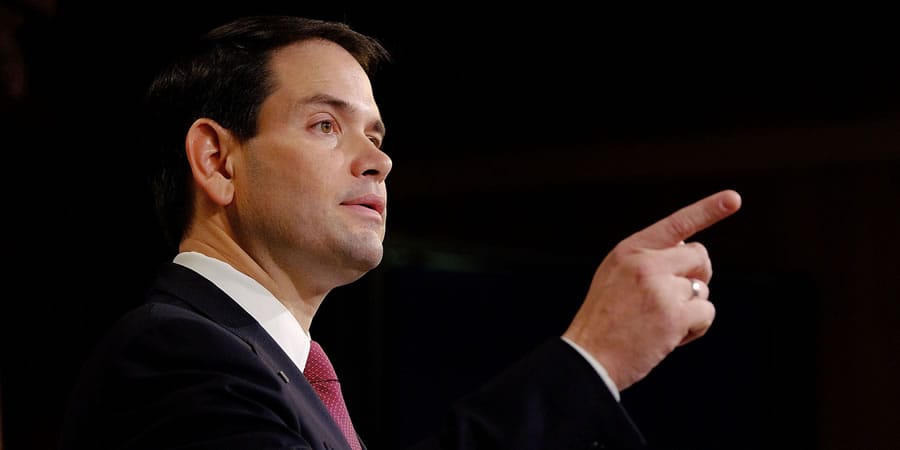
What does it take to make detente diplomacy work Essay
Detente diplomacy along with other three strategies, such as deterrence, disarmament and defense were main national security strategies pursued in the twentieth century.
‘Detente’ is a French word that means ‘a policy toward a rival nation or bloc characterized by increased diplomatic, commercial, and cultural contact and a desire to reduce tensions, as through negotiation or talks.’ (Definition of detente, n.d.)
Generally speaking, the tension between countries and nations are eased by detente diplomacy.
Although it does not mean “entente” has been reached by these countries (the term ‘Entente’ has an opposite meaning, it’s a cooperation, mutual understanding and agreement between different countries). So there no harmonious cooperation between countries within the frames of the detente diplomacy, we can only note that a war is less likely to happen due to this policy.
The term ‘detente policy’ was frequently used in the end of the Cold War era. Series of summits of two superpowers and the results of these summits were actually the most significant demonstration of detente diplomacy. (Stanley T. and Whitt D., 1970)
In order for detente diplomacy to be successful two elements are required. First of all, there needs to be more interest in these countries relationship development than just solving a current conflict. The leaders of interested parties should have more common interests. Besides it, they should be aware that the continuous deadlock or conflict’s escalations are not options and their countries will get more benefits in the case of the negotiated settlement.
I should note also that according to President Nixon’s opinion, ‘detente diplomacy would work only while a balance of power exists’. (Garthoff R., 1994)
First example of rather successful detente diplomacy is North and South Korea summit in 2000. Taking into account a long history of hostility and the fact that countries remain at war, this summit has demonstrated good results, such as family reunions and increased trade and investments between North and South Korea.
The second element that helps detente diplomacy to achieve its success is parties’ willingness to abide by detente diplomacy’s terms. Increased tensions and collapse would be results agreements’ violations, therefore countries understand that it is in their own interests to abide comply with agreements.
The timely question is there a chance to reach the detente with terrorist groups (especially Islamic). The impact of detente was influenced by three major factors in the recent years. The use of direct force is a dangerous method of solving the conflict in the modern world (due to the presence of nuclear weapons and rapid weapons delivery systems).
Also, I need to mention, that the modern globalization issue and trade relationship between countries highly depend on detente diplomacy, because it really helps to decrease tensions between the trade partners.
And finally, violations of treaties become very obvious for the countries and it’s difficult to hide them from the other part nowadays. Therefore we can expect the tendency that agreements will be obeyed and detente diplomacy will work in the most effective way.

